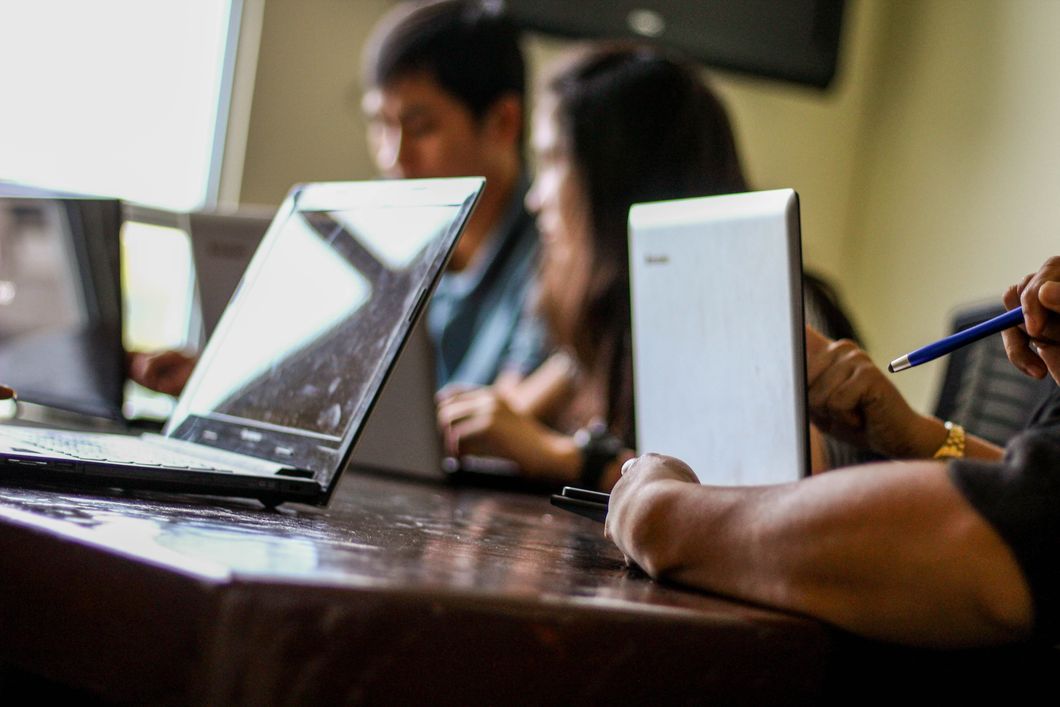The educational system is a quintessential arena for potential inequality to emerge. For instance, the school systems can isolate, or inhibit students due to age/sex discrimination and even socioeconomic brackets, but economic and social differences are the main culprits that perpetuate inequality. The goal of education serves to make each student an organizational child through careful instruction and supervision, "[being] guided through their day in ordered agenda [and] are rewarded for conformity" (Guerrero 209).
Children are taught to conform to societal expectations from a young age given that some schools enforce a mandatory uniform policy, which causes "any signs of individuality [to be] discouraged" (Guerrero 209). In the lenses of a conflict theorist, the school system seeks to take advantage of the impressionable, younger kids as a means of ingraining obedience and respect for the rules/laws
. For instance, social sanctions are put in place. If a child doesn't listen or chooses to exhibit deviant behavior- behavior outside of what is normally accepted or allowed- then they will be given a negative sanction, such a time out or parent note home. Conversely, good behavior is rewarded through treats and stickers. In sociology, conflict theory presents the paradigm that social differences perpetuate social and economic disparities.
The conflict perspective does make sense to me because I do see how social stratification is contributing to growing inequities. Consider the notion of social and cultural capital in older middle school, high school, and even college students. Some children may not have as much cultural capital, or "skills and knowledge passed on by their parents and through social and economic position" (Guerrero 209). A lack of cultural capital may discourage these students from fostering enough social capital due to fear of rejections/not being accepted or not feeling smart enough to make "investments in social relationships and networks" (Guerrero 209).
I think of an older teen who may have aspirations of breaking familial trends and becoming a first-generation college student, but fears that they don't possess the arsenal of fortitude and money to finance a post-secondary education. Moreover, Conflict theorists assert the premises of the alienation and class conscientiousness. College is a prime illustration of how alienation can occur because being aware of one's social position (class consciousness) can either seek to initiate change and inspiration to evoke social mobility or perpetuate a self-defeating cycle.
References
Leon-Guerrero, Anna. Social Problems: Community, Policy, and Social Action. Sage Publications (USA), 2016.














